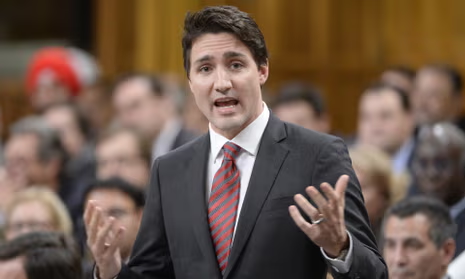Kumar Siddhartha, Pune
Change in the international work permit system in Canada is announced by Canadian Prime Minister Justin Trudeau. September 19, on X, he posted saying 35% fewer international student permits will be issued this year, and another 10% reduction in the next year. According to him, what needs to be restrained is the intake of low wage, temporary foreign workers and cutting short their term. What the Prime Minister pointed out is that the labor market has shifted in comparison to pre-pandemic times, and now businesses must focus on investing in Canadian workers to meet the nation’s economic demands.
Why has Canada curbed international work permits?
Canada has given 4,85,000 student permits for 2024, a figure down from above 5,00,000 issued in 2023 and slated to fall further to 4,37,000 for the year 2025. These cuts are likely to ease off the burden put on infrastructural and housing provisions and also help restrain the abuse of the asylum system. Prime Minister Justin Trudeau cleared that while this immigration is of economic benefit for the country, this government is taking a hard stance against those who exploit the system. The country can expect more stringent visa issuing procedures as well as other policy measures in this 2025-27 immigration plan.
What are the new restrictions on PGWP?
Work permits after postgraduate will also be reduced by 1.75 lakh over the three-year period, with spouse work permits to be reduced by 50,000. From November 1 onwards, applicants would have to pass the CLB test and score appropriate marks for university and college graduates. PGWPs would continue to be an option for public college graduates in jobs where there are labor shortages. Master’s and Ph.D. students would also have to get a provincial attestation letter that is currently necessitated only by undergraduates
What are the challenges for students?
There are thousands of graduates who graduated in August and are uncertain about their future, especially in business administration and IT fields, as their studies may not find an exact match to the ever-changing requirements by Canadians. “Unless changes reach the colleges in Canada, international enrollments may go down there” said Nitin Chawla of Kapri Immigration Consultancy. In high-demand sectors, many will be left behind; as such plumbing, AI, mechanics, and nursing.
In 2023, according to data from Canada’s Immigration, Refugees and Citizenship, international student work permit holders have soared by leaps and bounds-from 4.90 lakh in 2017 to over 10 lakhs.
